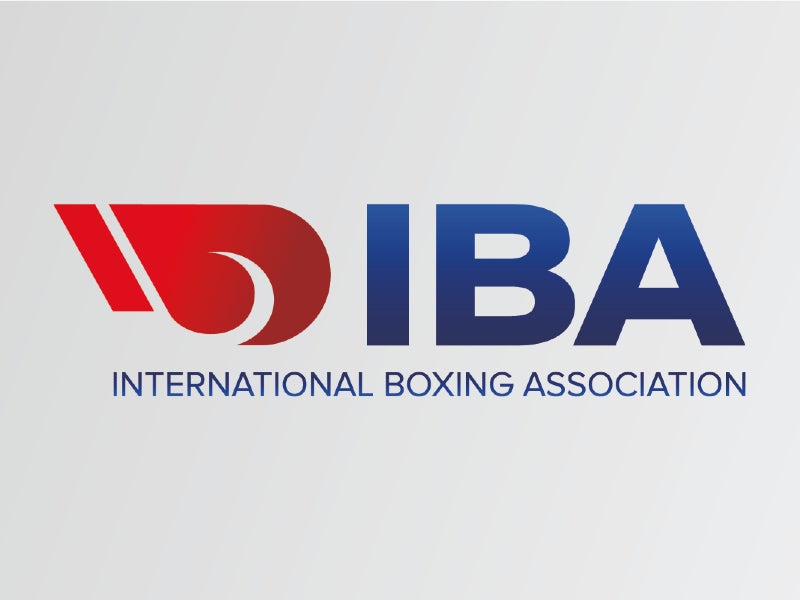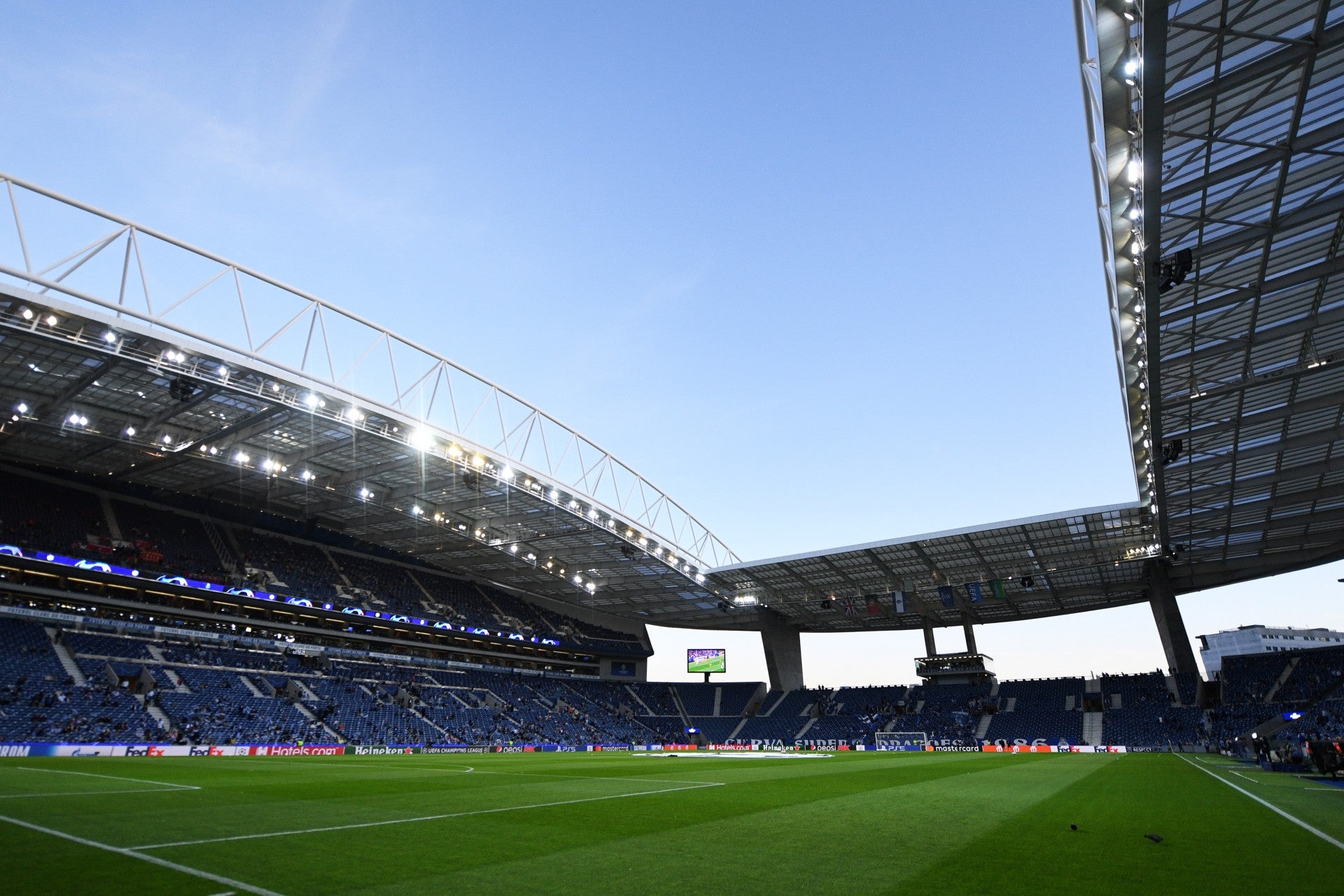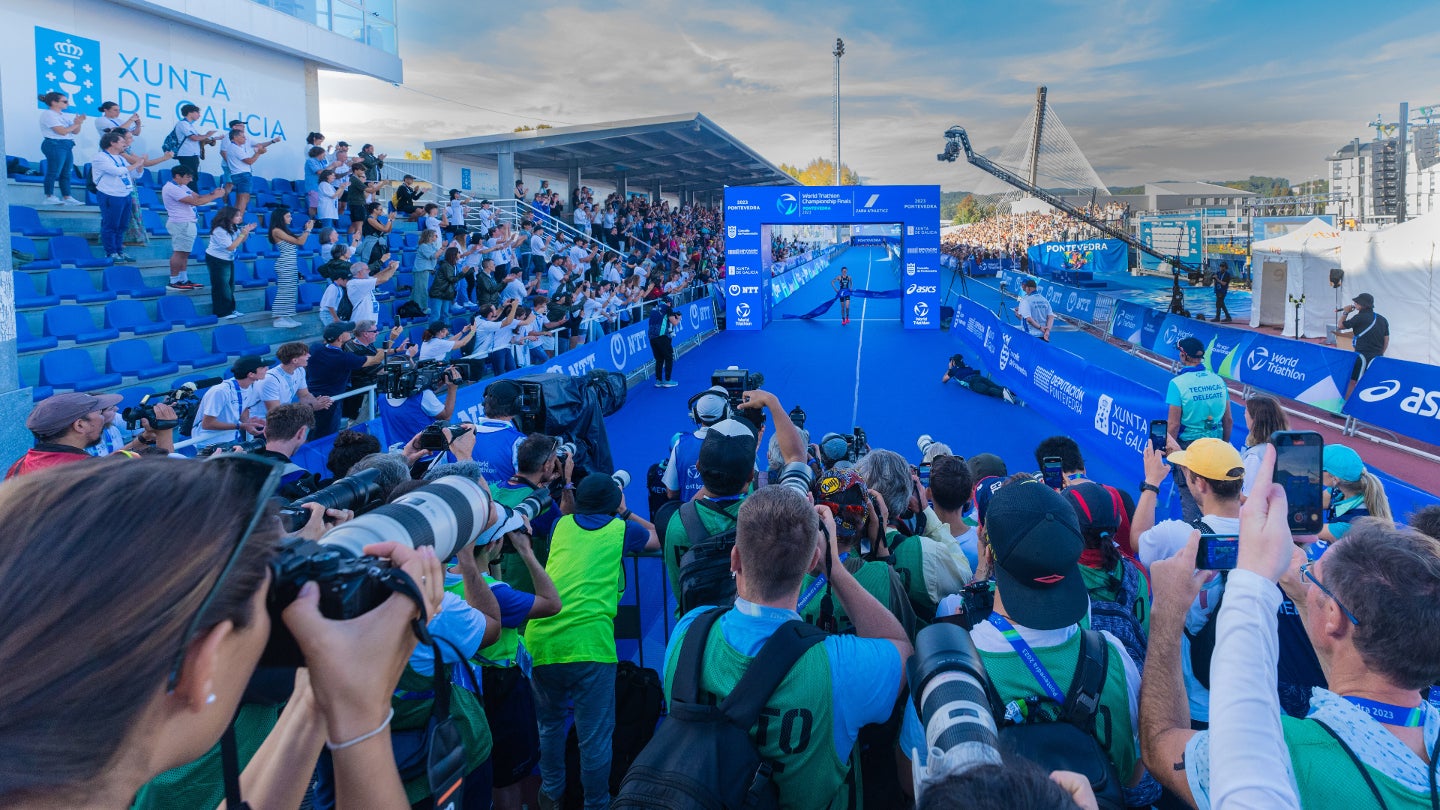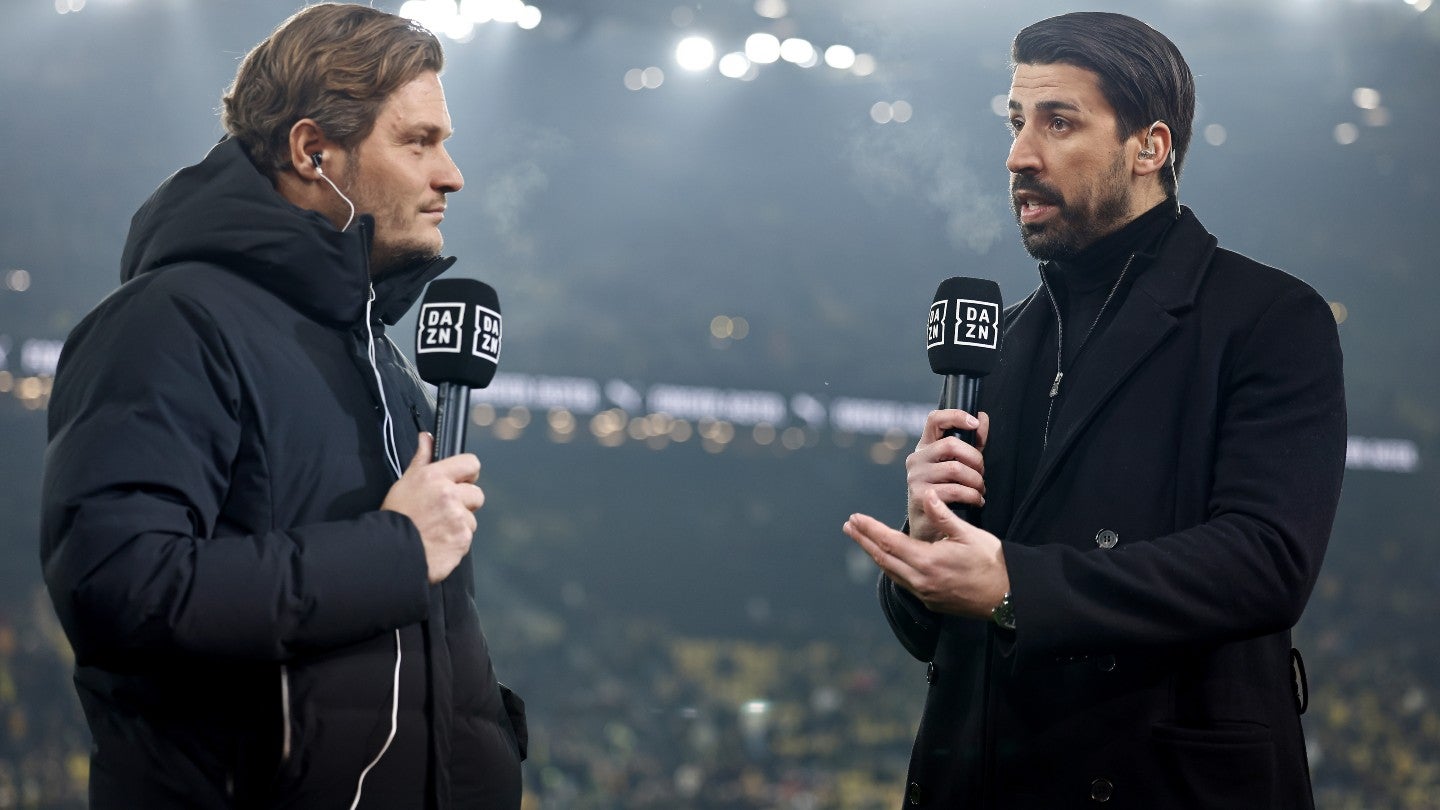
The International Olympic Committee (IOC) has stripped the International Boxing Association (IBA) body of its organizational and event-hosting rights for boxing on the program of the Paris 2024 Olympic Games due to long-term governance and structural issues at the IBA that have still not been resolved.
It will be the second games in a row for which the IOC has taken this stance, which also extends to the qualifying events.
In June 2019, the IOC took the decision to strip the IBA (during its previous incarnation as AIBA) of rights to organize boxing at the Tokyo games while also suspending it as a governing body – with that ruling still in place today.
Now, Kit McConnell, sports director at the IOC, has said that the recent IBA presidential elections, at which candidate Boris van der Vorst was (wrongly) declared ineligible to compete with incumbent Umar Kremev was the final straw in terms of the IBA being trusted to act as the sport’s governing body in Paris.
On Friday (June 24), when the decision was taken, McConnell said: “The IOC felt enough was enough and in the interest of the athletes and the boxing community has decided the boxing qualifying events and competition will not be run under the authority of the IBA.
See Also:
“This decision is centered on the athletes themselves to provide certainty on the Olympic competitions and the Olympic qualifications leading up to Paris 2024 and follows the very concerning issues that continue to go on in the IBA.
How well do you really know your competitors?
Access the most comprehensive Company Profiles on the market, powered by GlobalData. Save hours of research. Gain competitive edge.

Thank you!
Your download email will arrive shortly
Not ready to buy yet? Download a free sample
We are confident about the unique quality of our Company Profiles. However, we want you to make the most beneficial decision for your business, so we offer a free sample that you can download by submitting the below form
By GlobalData"To give athletes certainty, the IOC board had to step in.”
The decision was a unanimous one by the IOC’s executive board, with issues considered by the body including not only the IBA’s financial and governance situation but also the refereeing and judging system which would have been used for Paris 2024.
The IOC mentioned the IBA’s “financial dependency on the state-owned company Gazprom”, which is heavily backed by the Russian government, as a particular concern, in light of that country’s continuing invasion and occupation of Ukraine.
Another problem concerns the IBA’s proposed qualification system for the games in two years’ time – no host city contracts have yet been struck with any venues.
It seems, however, that the main reason the decision has been taken now specifically is the bungled election process through which Kremlev was re-elected unopposed after van der Vorst was deemed ineligible for a minor rule infraction, likely to have been early campaigning.
The IOC noted that Kremlev “had committed the same rule violation yet had been admitted to the election as the sole candidate.”
In its own ruling on the matter, CAS said that van der Vorst’s actions only deserved “a light sanction such as a warning, or even no sanction.”
Boxing’s position in terms of the Los Angeles 2028 Olympics – for which it is not on the initial program – will be discussed at a later date, while McConnell has said the IOC has not yet decided on what shape the boxing taskforce for Paris 2024 will take.
He said, on this front: “The IOC administration will finalize on an exceptional basis alternative models for the organization of these boxing competitions … The outcomes of these discussions and suggested recommendations will then be presented to the IOC executive board in due course.”
The IBA, in response to the IOC’s decision, has said it is “deeply disappointed”, and that it will “take some time to carefully consider its next steps.”
It added that: “IBA will continue working on reforming its governance, financial integrity, and sporting integrity to ensure boxers and IBA itself can enjoy a fair chance and a fair fight.”
The body argued that the current board has only been in place one month and that “key elements” of the qualification system proposed by the IOC have now actually been passed at the most recent IBA board meeting, which was also held last Friday.
Kremlev has now said that there will be new elections later this year for the post of IBA president, with himself and van der Vorst to both stand.
The IOC said last month that the events surrounding Kremlev’s unopposed re-election reinforced existing concerns surrounding IBA’s governance structure.
May also saw Emilia Grueva, an IBA board member, reportedly resign from her position, citing governance issues and concerns that the sport's Olympic future is by no means safeguarded.
June has not been kind to the IBA so far – last week, Canadian professor Richard McLaren released the third and final section of his three-part report into the myriad issues at boxing’s governing body over the last 15 years.
The final edition of the McLaren report said that further reforms are categorically needed if boxing is to remain an Olympic sport, and that multiple issues the beleaguered governing body has encountered over the last few years stem from the election of former president C K Wu to the helm of the body in 2006.
The report suggests that the culture of in-ring corruption detailed in the first part of McLaren’s investigation – multiple bouts during the 2016 Rio Olympics being manipulated, for example – is the direct result of the decisions taken during Wu’s presidency.
The second part of the report, released in December, focused on identifying both Wu and Karim Bouzidi (executive director of AIBA under Wu) as complicit in the corruption.
The final part has turned to their legacy of “financial mismanagement”, which ultimately led to a culture where corruption became accepted.
The position of Kremlev himself, one of a tiny number of Russian officials still heading up Olympic sports, did not fall under the remit of McLaren’s investigation.







